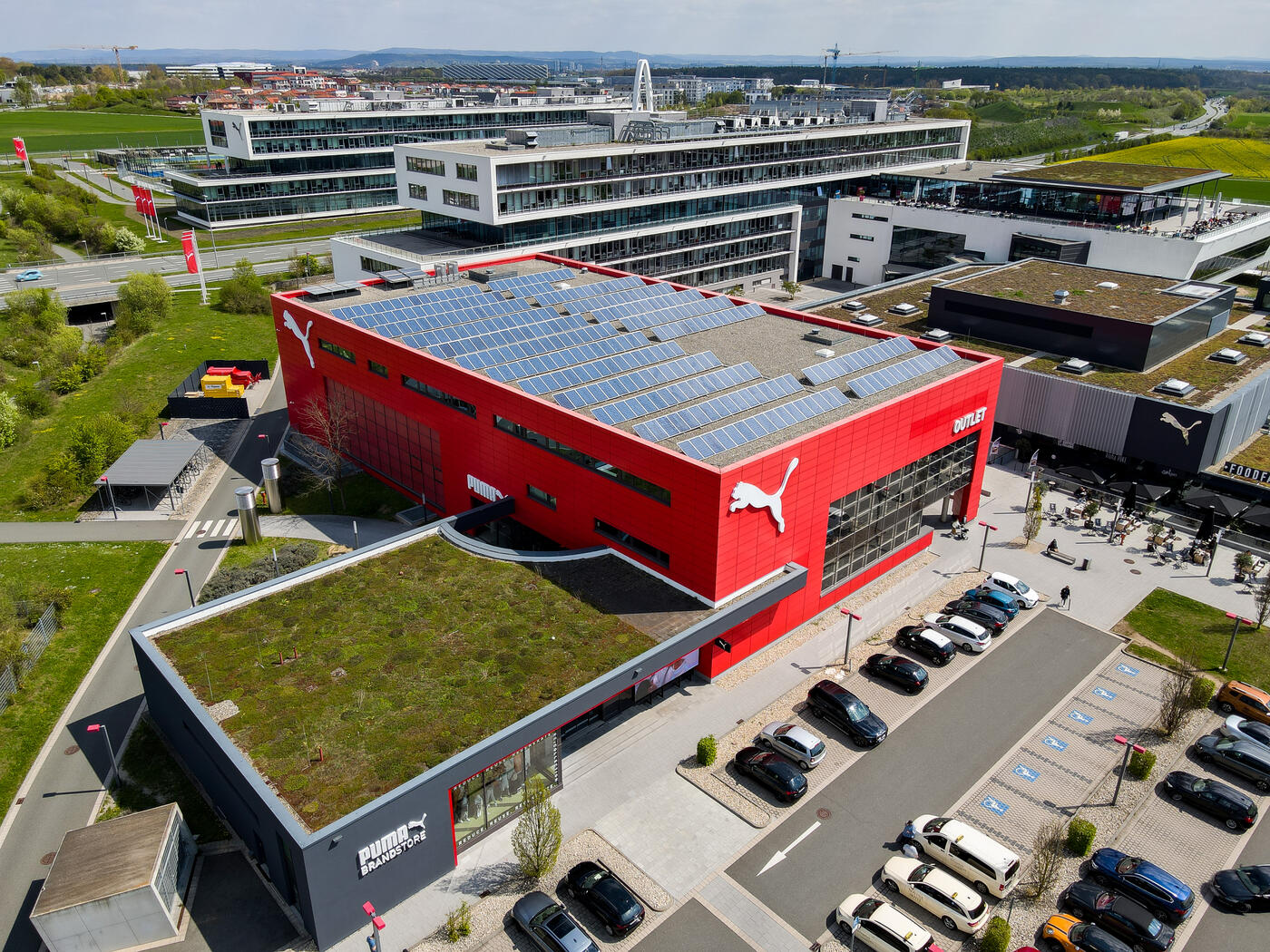Sports company PUMA has achieved its goal of making 9 out of 10 products from recycled or certified materials in 2024 and made further progress in its focus areas circularity, climate and human rights, the company said as part of its sustainability report which was published on Tuesday.

Since initially setting the goal of 9 out of 10 products in 2021, PUMA has sharply increased the use of recycled and certified materials, which emit fewer greenhouse gases. In 2024, PUMA used 13% recycled cotton and about 75% of recycled polyester fabric in its products.
“Reaching our goal of 9 out of 10 products one year ahead of schedule is a testament to the great teamwork of everybody involved at PUMA and our manufacturing partners,” said PUMA’s Chief Product Officer Maria Valdes. “We will take this momentum and continue to look for ways to reduce our environmental footprint as part of our Vision 2030 sustainability goals.”
While recycled polyester is usually manufactured from plastic bottles, PUMA has taken a leading role in the industry with its textile-to-textile recycling project RE:FIBRE, which uses industrial and post-consumer waste as the main source of raw materials In 2024, 13.9% of polyester used in PUMA’s Apparel products was already made using RE:FIBRE.
In Climate, PUMA continued to work with its core suppliers to reduce greenhouse gas emissions in the supply chain. As a result, emissions of purchased goods and services decreased by 17% between 2017 and 2024. In 2024, PUMA lowered emissions from its own operations by 86% compared to 2017, by powering all offices, stores and warehouses with renewable electricity, (including the purchase of Renewable Energy Certificates, by increasing the number of electric vehicles in its global car fleet and by opening two large-scale solar PV plants at its headquarters and a major distribution centre in Germany.
Overall, PUMA aims for a 90% absolute reduction of greenhouse gases in its own operations and a 33% absolute reduction in supply chain emissions by 2030 compared to 2017, to achieve what scientists say is necessary to limit global temperature rises to 1.5 degrees compared to pre-industrial levels.
Regarding its Human Rights targets, PUMA organized further trainings on important issues such as sexual harassment for the workers in its supply chain. More than 290.000 PUMA employees and factory workers have received training on sexual harassment since 2021. In 2024, the average payment at PUMA’s core suppliers worldwide, including overtime and bonuses, was 66% above minimum wage, an increase of 3 percentage points from the previous year.